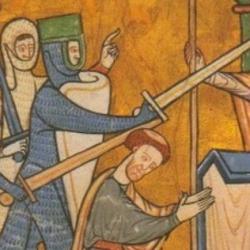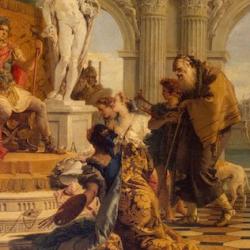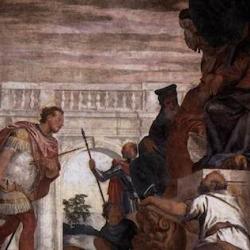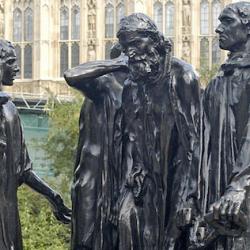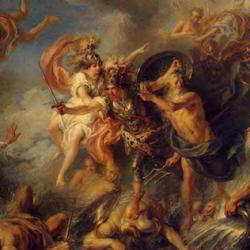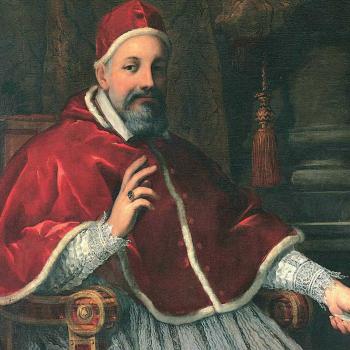Modernity’s reduction of time to clock-time is not socially or psychically healthy. As Rosenstock-Huessy puts it: “We need the intersecting of many rhythms of time. Our stomach and our consciousness respond to a 24-hour rhythm. Our faith and our hopes respond to centuries. Our noble passions like the love of husband and wife, of veterans, of sects, rule time spans of 25, 30, or 40 years. The 24-hour day and the week, the month and the year, should not becloud... Read more

